RIP DANNY KIRWAN, FLEETWOOD MAC’S DRUNK MUPPET
Note: A version of this article first appeared on Rodney Perkins’ Aphanisis blog in 2007, and later in the Into the Music newsletter. It is republished here in tribute to Kirwan’s passing on Friday June 8th, 2018.
When people talk about Fleetwood Mac, they’re either of the Peter Green buy levitra online viagra camp or the Buckingham-Nicks camp; a clearly demarcated line exists them. But as methodical, rocking blues guitar gave way to elaborate harmonies and vocal stylings there existed a limbo in between, where some of the lesser-known band members got to shine a bit – although the period from 1970-1975 never seems to get much ink. But like a good medievalist, I always find my fascination in the murky middle between the classical era and the Renaissance.
With a constant rotating line of guitarists (the “curse” of Peter Green, some held) it’s easy for the Mac’s axe-players to get lost in the historical shuffle. Still, I’m surprised that teen prodigy Danny Kirwan, one of three guitarists in the classic lineup (the others being Peter Green and future “Child of God” Jeremy Spencer) gets virtually no props from fans or critics.
Kirwan was easily as good a guitar player as Green, and shared songwriting duties with him – on the UK version of Then Play On (1968), their song credits are almost viagria equal in number. Unfortunately two of Danny’s songs were dropped for the US pressing, to accommodate the longer version of the Green-penned hit Oh Well.
Check out the video for Oh Well from the 1969 BBC Sessions below. Kirwan and Green are duelling guitars for the most part, but the solo is Danny’s and his hair is shaking like a muppet on fire. When I saw this video it was love at first propecia cheap sight.
And here’s the Mac doing Like it This Way, with Danny on lead vocal and guitar.
When Green split the band in 1970 after a prolonged period of alienation (likely initiated by an unintentional acid trip when someone spiked his drink at a concert in Munich), Kirwan carried much of the songwriting for the first post-Green album Kiln House (1970), and two successors Future Games (1971) and Bare Trees (1972). His musical interests were more varied than Green’s, and his love of California pop, rag melodies and swirling arrangements facilitated an important step toward what Fleetwood Mac would become by the mid-1970s. Many of the Mac songs chosen to be singles were Kirwan compositions. Unfortunately few of these made waves on the charts, including Kiln House’s moody psych-piece Dragonfly – which even Peter Green thought should have been a hit. In retrospect I can’t imagine how anyone thought this would have been a hit – it’s a like a druggy freakout with no hooks whatsoever. Still, a classic Mac song.
The downside to Kirwan’s immense talent was that he was a nervous, shifty person, and had a serious drink problem, even at his young age. When Bob Welch joined the band to replace Jeremy Spencer, the two of them – although by all accounts they respected eachother musically – went head to head on many occasions. As Danny’s drink problem progressed, his ‘eccentricity’ turned to flat-out neurosis and self-destructive behaviour, and an argument with Bob Welch before a gig ended up with a busted guitar and Danny sitting out the set. Mick Fleetwood was given the miserable task of having to fire Kirwan for unprofessional behaviour. Kirwan, who apparently had no idea he had been so seriously alienating himself from the band, was reportedly shocked at the proclamation.
Here’s the classic Kirwan-penned tune “Dust” from the album Bare Trees:
Assisted by ex-Fleetwood Mac manager Clifford Davis, Danny embarked a triptych of solo albums, Second Chapter (1975), Midnight in San Juan (1976) and Hello There Big Boy! (1979), but none were commercially successful. My favourite is the first of these, reissued recently by Repertoire in a limited edition of 2500 copies. Although I’ve read disparaging remarks about this album (most notably on the official Fleetwood Mac website, where it is called “none too impressive”), I call bullshit on that. The album is easily as solid as any other post-Fleetwood solo efforts with the exception of perhaps Stevie Nicks’ Bella Donna (1981). Bob Welch had some success with French Kiss in 1977, but for my money Second Chapter is a better album, if slightly inconsistent, with influences ranging from Nilsson and Paul Williams to calypso, celtic and novelty songs. The standout track is easily Ram Jam City – a densely layered barn-burner (and also the name of a now out-of-print CD put out in 2000 that features demos for Kirwan’s solo work )
Here’s an instrumental version of Ram Jam City from these sessions:
And the original with vocals:
It’s actually striking how much Kirwin and later Mac member Lindsay Buckingham sound alike, and somehow this comes through on Second Chapter more clearly than on earlier Fleetwood Mac songs where Danny had vocal duties. Further proof that once out from under the shadow of Peter Green, Kirwan was instrumental in re-shaping the sound of the band. This CD has not left my walkman since I bought it.
Sadly, Danny’s drinking problem never let up, and by the time he was working on Hello There Big Boy!, he was a wreck. Short-term Fleetwood Mac guitarist Bob Weston (who had been thrown out of the band for having an affair with Mick Fleetwood’s wife) was called in to rescue the guitar-playing, although Danny followed through on vocals. But the one-time prodigy found himself too shaky to play.
Here’s “Spaceman” from Hello There Big Boy:
Danny Kirwan has been homeless since the early 80s, living in and out of men’s shelters in London. Whenever tracked down by the media on occasion, he has shown little interest in talking about his past, and has not been involved with music since the late 70s. One tabloid that followed him around for a day issued a story with the headline: ‘21 PINTS A DAY AND I’M ALL RIGHT, MAC`. His family has had to rally around to make sure he gets the royalties due him – which exist almost exclusively to support his drink habit.
Danny’s fate as one in a long line of rock casualties is all the more reason to give him the credit he deserves for his role in the band. In many Fleetwood Mac biographies Kirwan is glossed over as though he was a session musician for hire – but the available video footage shows otherwise. It’s obvious from watching archival footage that Kirwan was not only a dynamic member of the band, but a pivotal creative partner to Peter Green, and the artistic glue of the band for the two years following Green’s departure.
++++

 June 10, 2018
June 10, 2018 
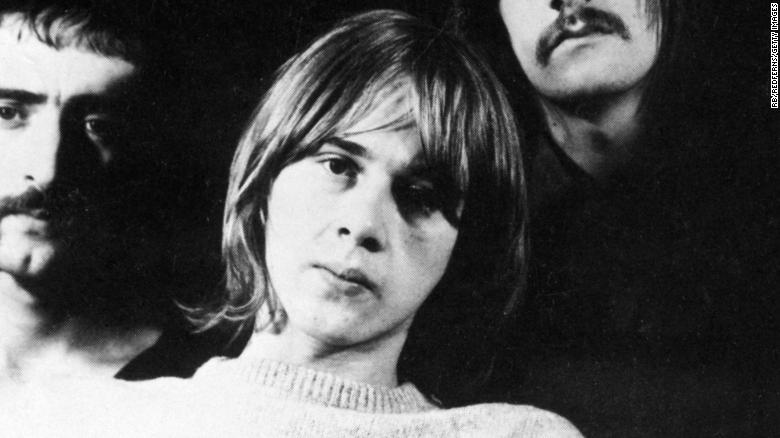
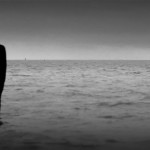
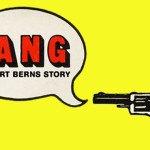
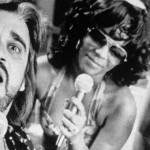
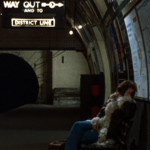



Comments
Peace be with you on The Sunny Side Of Heaven, Danny. (one of the most beautiful songs ever written by the way)
6 yearss ago